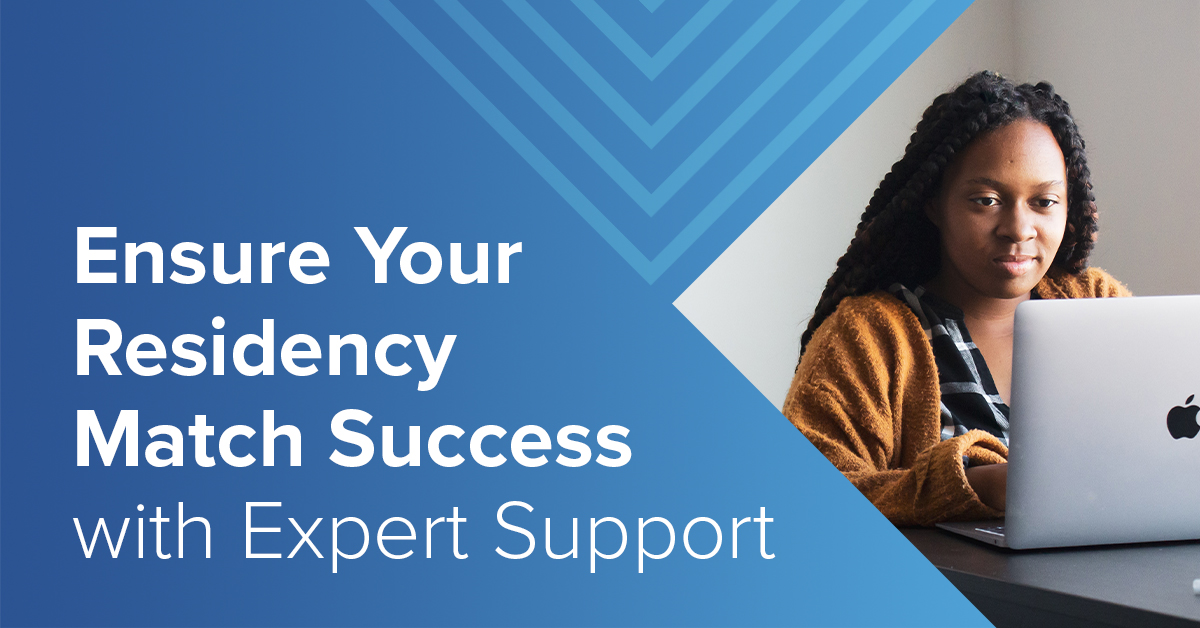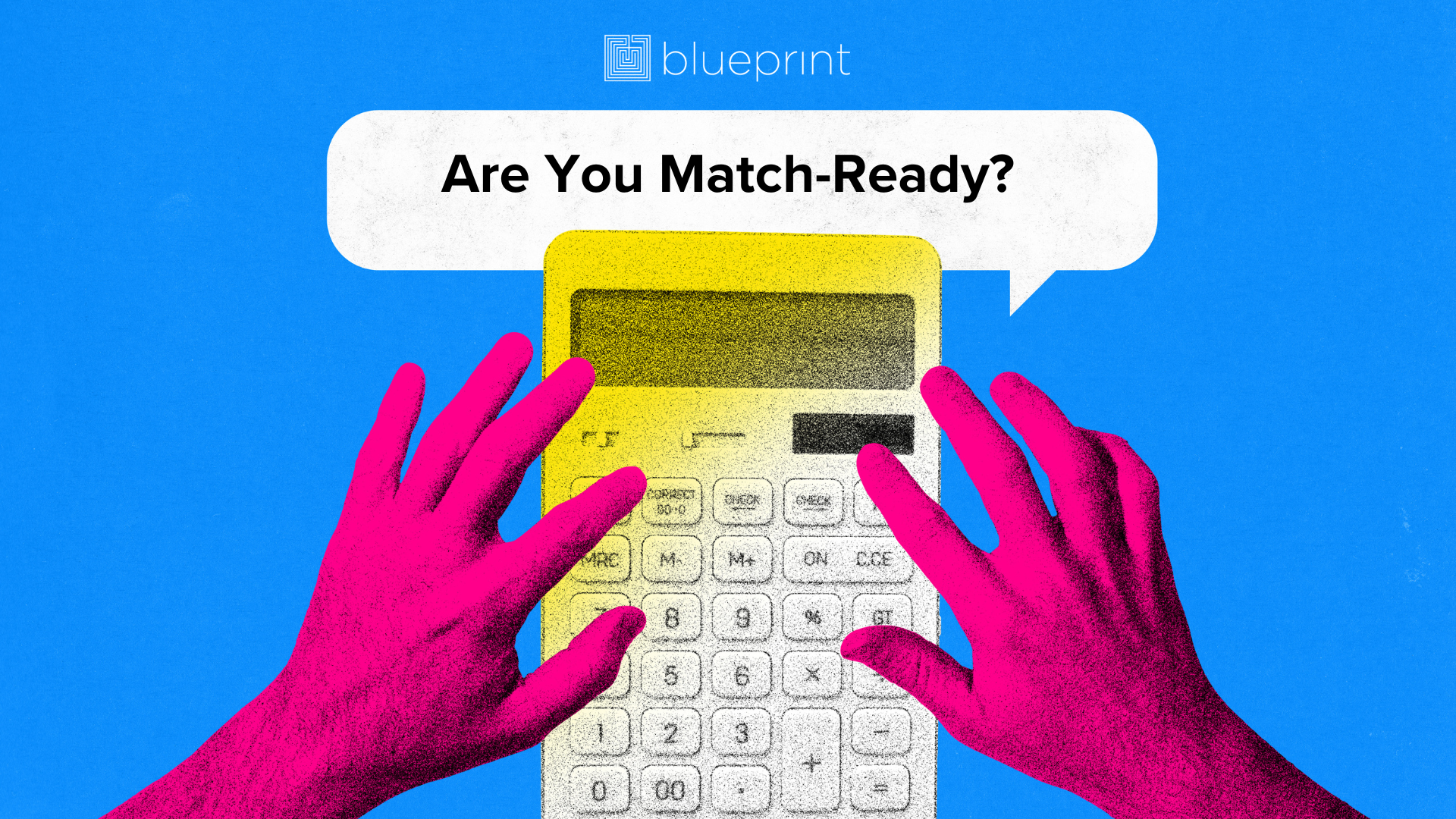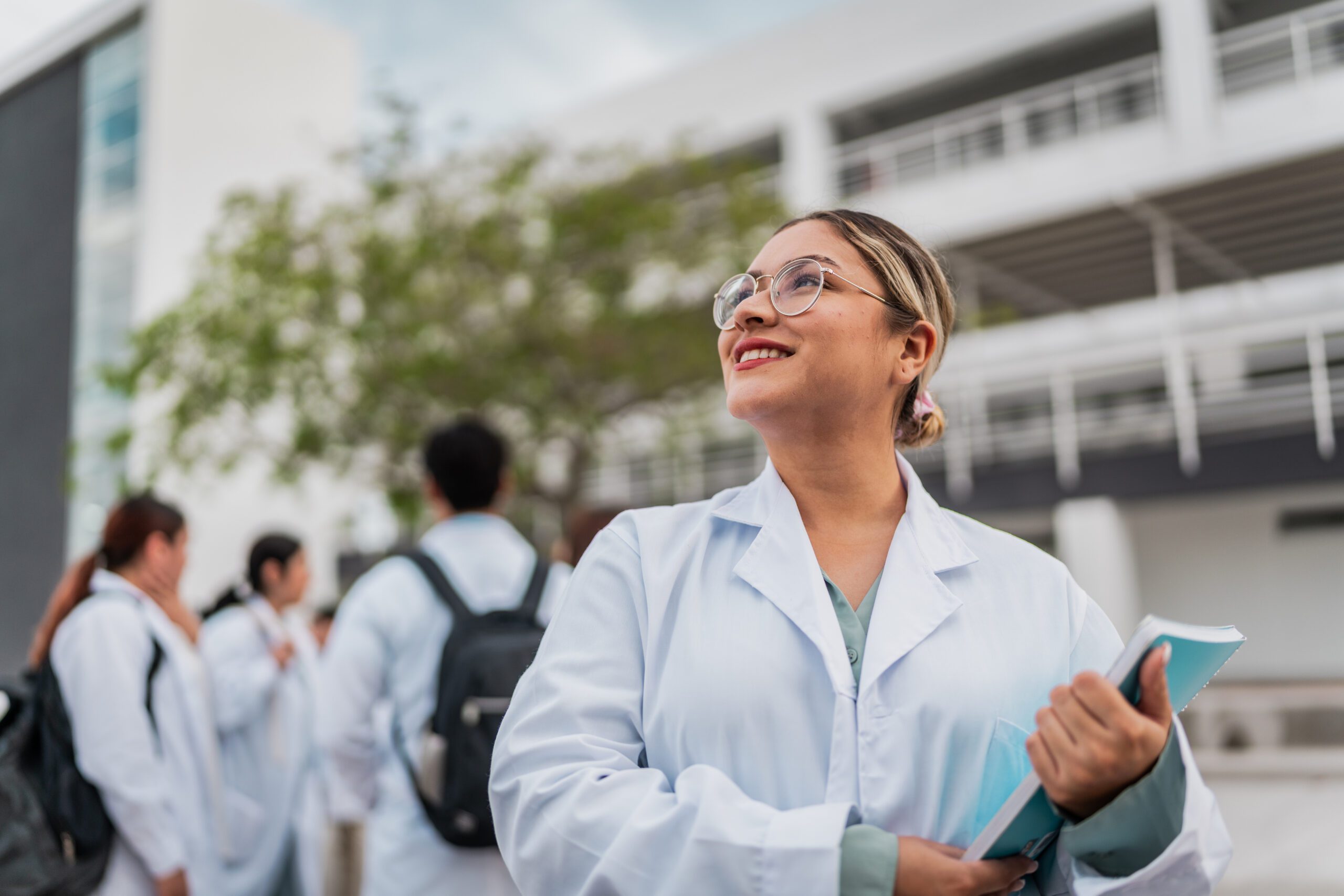The Electronic Residency Application Service® (ERAS) has been an essential tool in the medical community for decades as it introduced a digital platform that streamlined the application journey into residency, replacing traditional paper-based submissions with a centralized electronic system. While the landscapes of both medicine and technology have seen substantial changes over the past 20 years, the ERAS application itself has remained relatively consistent. Behind the scenes, however, there have always been discussions of rolling out enhancements and refinements to ensure the platform’s efficacy in a dynamic healthcare environment.
As was the case for many things, the catalyst for change was COVID. The pandemic altered the residency application process drastically, and resulted in a number of changes to the new ERAS application. As a result, the refresh to the 2024 ERAS application includes various things from program signaling to geographic preferences and an updated impactful experiences section. In this post, we’ll focus on the latter. I’ll explain the changes to the impactful experiences section that are in the 2024 MyERAS application, and give you some tips on how to fill out this revised portion of your application.
 Need some more personalized help on your residency application? Schedule a free phone consultation with a residency counselor and get matched with an expert that fits your needs!
Need some more personalized help on your residency application? Schedule a free phone consultation with a residency counselor and get matched with an expert that fits your needs!
Recent Changes to the MyERAS Application
In prior iterations of ERAS, applicants listed their various experiences based on the three categories of work, volunteer activity, and research experience. Applicants would list start/end dates, amount of time allocated for each activity, as well as a brief description of the experience itself.
Over the years, problems became evident with this model. One major issue was that applicants would word-vomit all sorts of random experiences, some totally irrelevant to medicine or their application all together. While not always a negative, as residency programs and directors want diverse applicants with varied experiences, they also want to see meaningful experiences that contributed to your growth as an applicant. Listing dozens of extraneous activities and extracurriculars is of no help in that regard.
What’s new for the 2023 cycle?
The MyERAS application has a revised “impactful experiences” section where applicants can now list as many as 10 experiences that best communicate who they are and what is most important to them. For each experience, applicants are able to provide descriptive information such as a position title, start/end dates, location/setting of the experience, and describe it within 1020 characters. Moreover, from those 10, applicants will be able to describe up to three “most meaningful experiences,” in which they are prompted to write a brief reflection on the experience and explain how it influenced them.
Needless to say, it’s important to complete this new “impactful experiences” section in a way that program directors find compelling. Failing to do so can have a serious impact on your application. Here are some pointers for getting this crucial portion of your application done in a way that’ll make your application stand out.
11 Tips for the MyERAS Impactful Experiences Section
1. Use all 10 slots.
Applicants should optimize the use of application space and utilize all 10 experiences in order to showcase their dedication to the practice of medicine outside of generic clinical rotations and coursework, or alternatively, list life experiences that have led them to pursue a career in the medical field.
2. List a variety of experiences.
As a residency counselor, I’m looking for a variety of experiences, from community service to research and education, to clinical skills and entrepreneurship. In the 2024 MyERAS application there are new experience types to choose from, and the opportunity to discuss them in a way that supports a holistic view of each student’s experiences.
In the “three most meaningful experiences” section, applicants are encouraged to explain any challenges or hardships that influenced their journey to residency. The following examples from the AAMC can help you determine the kinds of experiences that are appropriate to share on your MyERAS application. Please keep in mind that this is not a complete list, but some good things to share include:
- Family background (e.g., the first generation to graduate college)
- Financial background (e.g., low-income family, work study to pay for college or medical school)
- Community setting (e.g., food scarcity, low health literacy, lack of access to medical care)
- Educational experiences (e.g., limited educational opportunities, limited access to advisors or mentors)
- Other general life circumstances (e.g., loss of a family member, serving as a caregiver while working or in school)
You can include various experiences, some related to medicine and some not. The purpose of this section is to showcase who you are, not only as a future resident physician, but also as a young adult with interests and hobbies. Show me everything from your capacity for research and impact in the community to your work experience and teaching skills.
3. Use your slots wisely.
Now, I know what you’re thinking, as the majority of applicants I’ve worked with have a host of experiences that could extend well beyond the mere ten slots in the experiences section of the 2024 application. The idea is for applicants to selectively place experiences that best demonstrate who they are to the programs. Program directors don’t need to read about your job as a movie attendant during freshman year of high school. You’d be surprised by the extraneous details that end up on some applications!
Also, it’s wise to combine multiple experiences in one meaningful entry to save space. For example, instead of listing the three various allergy clinics you volunteered at, combine them into a singular, meaningful experience of patient care and how it helped you realize your love for pediatric allergy and immunology. This helps convey what is essential to you as a physician and reflects your priorities. Furthermore, the brevity will help the program director better understand you as an applicant.
4. Paint a picture.
Program directors already have your scores, clinical grades, and objective data. The impactful experiences section, along with letters of recommendation and your ERAS personal statement, will paint a picture of who you are as an applicant, and more importantly, as an individual. This is a great opportunity to exhibit your perseverance and problem-solving skills to overcome obstacles.
Please note that the experiences described can be from any point in time—they do not have to be during medical school or related to the field of medicine. This section is designed to give you the opportunity to provide additional information about your background or life experiences that is not captured elsewhere in the application.
For each experience, we want applicants to provide a brief description outlining the role, their responsibilities, and their contributions. This is also an opportunity to reflect on how you’ve grown as a result of the experience, and how it impacts your work as a doctor. Elaborate on what you learned and the insights you gained.
5. Know what program directors can see.
You may be wondering what the program directors have access to.
From AAMC: “All selected, most meaningful, and/or impactful experiences entered into your MyERAS application will be seen by programs across all specialties to which you apply. When viewing your application, programs will see experiences listed by experience type and then in chronological order with most meaningful experiences above all experiences. Additionally, programs can sort experience types, focus on certain areas, and key characteristics to help identify applicants who align with their mission.”
6. Avoid repeating yourself.
Try not to repeat experiences or mention similar things in this section that are elsewhere on your application (such as in your personal statement). When possible, combine multiple interchangeable experiences into a singular, meaningful one. This prevents your application from seeming too repetitive.
7. Find a connection.
In some cases, you might be able to link specific impactful experiences with the letters of recommendation you submit. This can help corroborate the information you provide and strengthen your overall application!
8. Demonstrate desired qualities.
Use the impactful experiences section to showcase qualities and attributes that make you a well-rounded and capable candidate, such as teamwork, communication skills, adaptability, and a commitment to patient care.
9. Maximize the impact of the experience.
If a major experience played a role in influencing your choice of medical specialty, explain how it shaped your decision in detail.
10. Be sure to review and edit!
Like other sections of your MyERAS application, take time to review and edit your impactful experiences. Ensure that your descriptions are clear, concise, and effectively convey the significance of each experience. And please note that as the application process may change over time, refer to the official ERAS website for the most current and accurate instructions.
11. Take this section seriously. It matters!
Each year, the AAMC conducts a survey of program directors in which they answer questions about how they used the information in the application. The significance of the impactful experiences section for an application is evident.
But don’t just take my word for it. Here’s the data regarding the experiences section from a survey of the 2022 ERAS application cycle:
About 51%-81% of respondents, by specialty, used information from the applicants’ five most meaningful past experiences.
Further Reading
The impactful experiences section in MyERAS is where applicants can highlight moments in their life that have had a significant impact on their personal and professional development. This section allows them to showcase experiences that have shaped their journey through healthcare thus far, and illustrate to residency program directors the diverse backgrounds, skills, and qualities they bring into intern year. This helps PDs evaluate an applicant’s suitability for their programs.
Put your best foot forward and carefully consider how to complete the impactful experiences section of the MyERAS application. Take note of the changes that have been made to this section, and use these tips to complete it in a way that makes it more likely you’ll land your dream residency!
For more residency tips from Blueprint tutors (for free!), check out these other posts on the blog:





